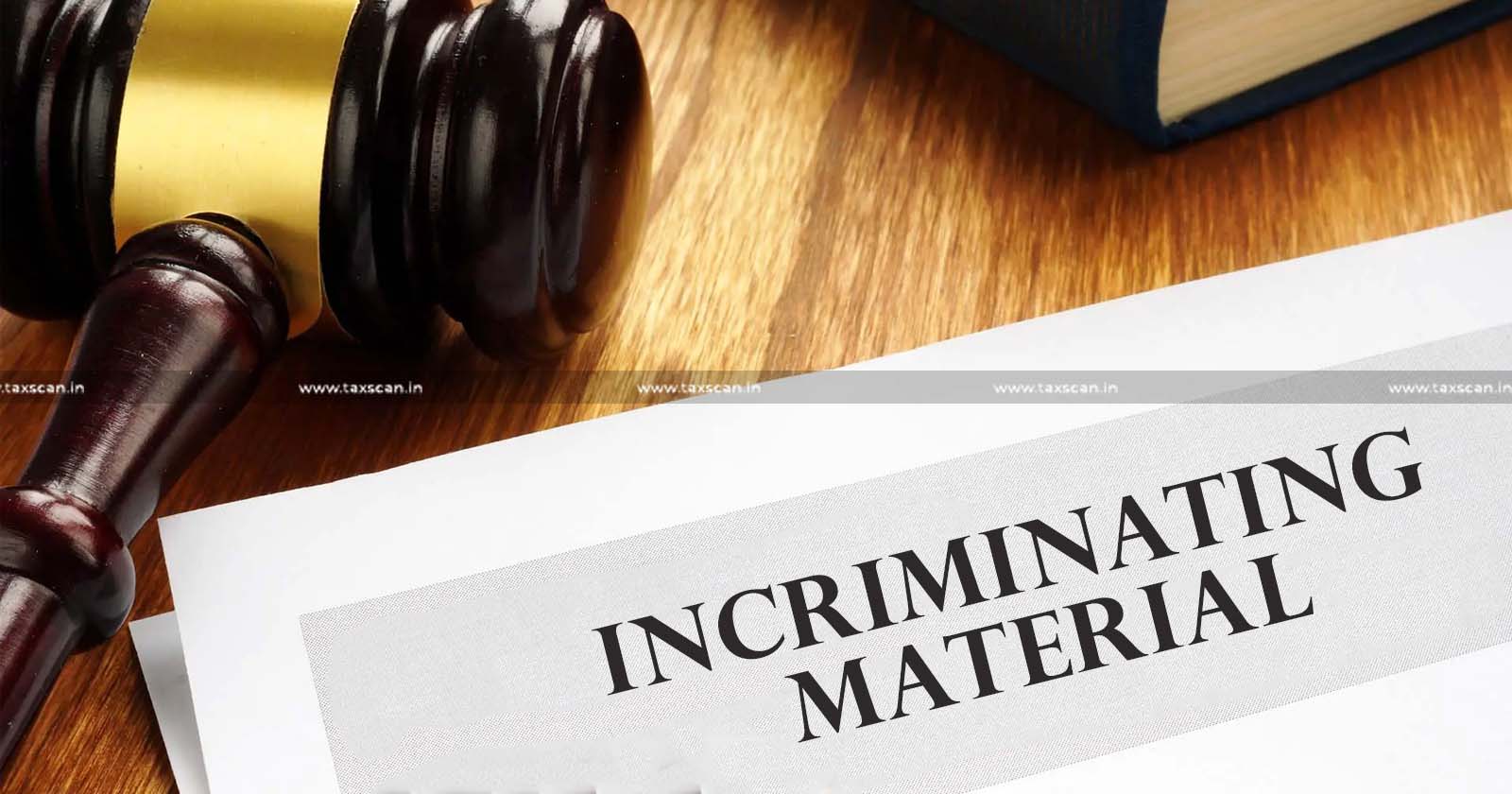Sale of Trust Property to Trustee Below Market Value: ITAT Grants S.11 Exemption after Full Payment [Read Order]
The trust explained that payments were made in tranches, with the final balance paid in 2018.
![Sale of Trust Property to Trustee Below Market Value: ITAT Grants S.11 Exemption after Full Payment [Read Order] Sale of Trust Property to Trustee Below Market Value: ITAT Grants S.11 Exemption after Full Payment [Read Order]](https://images.taxscan.in/h-upload/2025/10/04/2093773-sale-trust-property-trustee-market-value-itat-taxscan.webp)
The Visakhapatnam Bench of Income Tax Appellate Tribunal ( ITAT ) granted exemption under section 11 of Income Tax Act,1961 to a charitable trust for the sale of property to a trustee initially below market value, after the full market price was ultimately paid.
Dr. Kondabolu Basavapunaiah & Dr. Lakshmi Prasad Trust,appellant-assessee,was a Charitable Trust registered under sections 12A and 80G of the Act. For the year under consideration, the trust filed its return on 31.03.2018, declaring a total income of Rs. 2,13,63,753/-. The return was selected for scrutiny under CASS to examine the sale of property to Specified Persons.
During assessment, the Assessing Officer (AO) observed that the trust had sold land measuring 1,675 sq. yards at Koritipadu to one of its trustees, Dr. Kondabolu Vara Prasad, for Rs. 1,00,50,000/-, while the market value was Rs. 1,67,50,000/-.
The trust paid stamp duty on the market value and handed over possession immediately. Later, the trust filed a rectification deed revising the consideration to Rs. 1,50,50,000/-, claiming one cheque of Rs. 50,00,000/- was omitted earlier.
Even after rectification, the sale consideration remained below market value, and since the buyer was a Specified Person, the AO held that the trust violated sections 13(1)(c) and 13(2)(f) of the Act.
The AO denied exemption under section 11, taxed the balance consideration of Rs. 17,00,000/- not paid by the trustee, and treated miscellaneous income of Rs. 8,56,330/- as business income, computing total income at Rs. 25,56,330/-. The Commissioner of Income Tax (Appeals)[CIT(A)] upheld this order, and the trust filed the present appeal challenging the denial of exemption.
A delay of 120 days occurred in filing the appeal. The trust explained that the delay was due to the Trustee, aged 91, suffering a spinal fracture in December 2021 and another femur fracture in September 2024, which required extended recovery. Medical certificates were submitted in support. The Revenue did not object to the condonation.
After reviewing the submissions and records, the tribunal held that there was sufficient cause for the delay and condoned the 120-day delay, proceeding to decide the appeal on merits.
 Also Read:Income Tax Additions Not Valid Without Incriminating Material Found During Search: ITAT [Read Order]
Also Read:Income Tax Additions Not Valid Without Incriminating Material Found During Search: ITAT [Read Order]
The two member bench comprising Sandeep Singh Karhail (Judicial Member) and S.Balakrishnan (Accountant Member) reviewed the submissions and material on record. It was undisputed that the trust sold land measuring 1,675 sq. yards to one of its trustees.
The AO had observed that the sale consideration of Rs. 1,50,50,000/- was below the market value of Rs. 1,67,50,000/- and held that the trust violated sections 13(1)(c) and 13(2)(f) of the Act by transferring property to a Specified Person at less than adequate consideration.
The trust submitted that the sale was approved in 2013 and that payments were made in tranches: Rs. 50,00,000/- on 30.08.2013, Rs. 50,00,000/- on 01.10.2014, and Rs. 50,50,000/- on 12.05.2016, the date of execution of the sale deed. A rectified deed was executed on 31.01.2018 to reflect the correct consideration. The remaining balance of Rs. 17,00,000/- was later paid by the trustee in 2018, resulting in a total payment equivalent to the market value.
The appellate tribunal noted that the purpose of sections 13(1)(c), 13(2)(f), and 13(3)(cc) was to prevent trusts from transferring benefits to trustees at inadequate consideration. Since the trustee had paid the full market value over time, the Tribunal concluded there was no violation.
It held that the CIT(A) erred in denying exemption under section 11, directed the AO to grant the exemption, and allowed the grounds raised by the trust. The tribunal observed that the additional ground of appeal became academic.
Support our journalism by subscribing to Taxscan premium. Follow us on Telegram for quick updates


